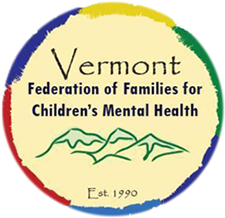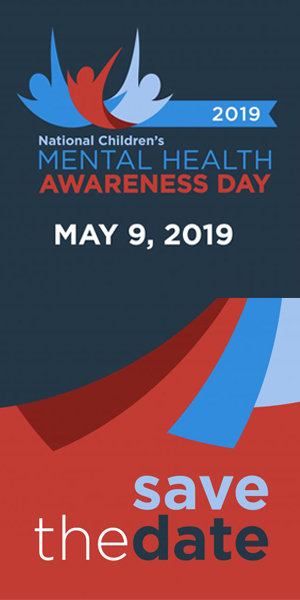National Parent Support Provider Certification
VFFCMH has certified three staff under the national Federation of Families parent support provider certification. Our goal is to have all family support staff work toward and receive national certification status. Below is the history and some details of the certification.
The National Federation of Families for Children’s Mental Health collaborated with family organizations, researchers, and treatment providers to identify and catalog the role and outcomes of parent to parent support services. That group, the Parent Partner Assessment Workgroup began its research and outreach in 2008 with individuals involved in SAMHSA Systems of Care. By August 2010, PPAW (under the leadership of Elaine Slaton) became the initial advisors to the development of national certification for Parent Support Providers in August 2010. The Certification Commission was created within the National Federation in September 2011, with the support of parents and parent support providers from all states, territories and Canada. The first certificates were awarded in June 2012.
The Certified Parent Support Provider™ certification defines the uniform standards and title of parents helping other parents who have children (0-26) experiencing emotional, behavioral (including substance use) or mental health concerns. Certification promotes ethical practice and creates mobility of workers across states. It brings to the workforce parents with experience in successfully helping their own children and increases the acceptance of this effective best “modern and good”practice.
Parent Support Providers (CPSP™) can articulate their experience parenting a child (youth and emerging adults) with behavioral health concerns, have received specialized training in helping other parents to understand children’s behavioral health and receive regular consultation from a parent/peer supervisor. In turn, they teach, coach, and mentor other parents/caregivers to be effective advocates for their own children and be equal partners with professionals in the delivery of services and policy development. The overall goal is to decrease the stigma associated with behavioral health challenges and promote effective strength-based children’s services that are family-driven/youth-guided.
The outcome of using a CPSP™ is parents positively accessing and being engaged in the treatment and educational services for their child or youth, parents understanding children’s mental health and experiencing less stress parenting, increasing the resiliency skills in their child, increasing the graduation rate of their student in special education and reducing the use of expensive hospitalization and long-term residential treatment. Additionally CPSP™ assists parents and youth to bring their family voice to the planning and evaluation process of public and private children’s mental health services.
To ensure availability of proper training, the Certification Commission has developed guidelines for achieving competency in the required eleven domains: ethics, confidentiality, effecting change, current issues in children’s behavioral health treatment and prevention information, educational information, communication, parenting for resiliency, multi-systems advocacy, wellness and natural support, empowerment, and the use of local resources.





